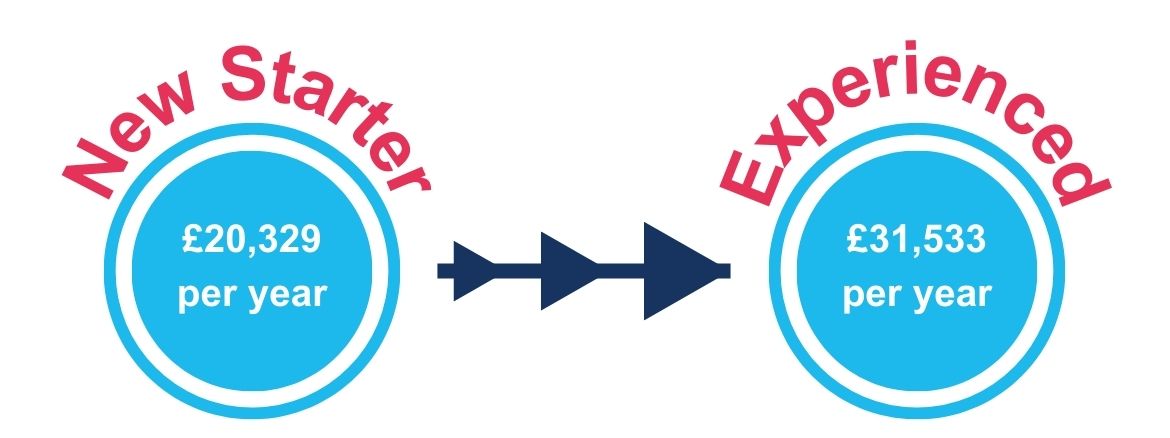Pharmacy Technicians are registered professionals working within the regulatory standards for pharmacy, as set by the General Pharmaceutical Council (GPhC) Pharmacy Order 2010.
Pharmacy Technicians work in a wide range of settings, including (but not exclusively): registered pharmacies, community services, justice (the Prison Service), GP Practices, dispensing doctors’ practices, care homes and clinical commissioning groups, hospitals, mental health, defence (HM Armed Services) and within the pharmaceutical industry.
Pharmacy technicians manage the supply of medicines and devices in a pharmacy and assist pharmacists with advisory services. The actual work setting will determine the specific areas of activity that the Pharmacy Technician undertakes.
Course Requirements
Apprentices without level 2 English and maths will need to achieve this level prior to taking the End-Point Assessment.
Achieve the best possible outcome through a person’s medicines by managing, ordering, receiving, maintaining and supplying medicines and other pharmaceutical products safely, legally and effectively, whilst meeting the regulatory standards.
Provide person-centred health advice to all patients
Support the management of the day to day operation of the pharmacy, eg clinical governance, business operation and processes, including where appropriate the supervision of members of staff
Provide training to pharmacy and the wider healthcare teams. e.g. for a new member of staff
Maintain a quality service through auditing and evaluating the service and processes, and respond to feedback
Advise people, in a wide range of settings, on the safe and effective use of their medicines and devices.
Manage your own professional and personal development
Ensure patient safety, by promoting safe practices, and the effective use of systems.
Provide specialist services in response to local and national needs and initiatives.
Respond appropriately to medical emergencies.
Assessment Methods
This is a knowledge based course with practical aspects that will need to be demonstrated.
End-Point Assessment
- Professional discussion based upon a portfolio of evidence
- Observation with question and answer session
Progression Routes
Upon the successful completion of this apprenticeship, why not continue to study on one of these courses:



